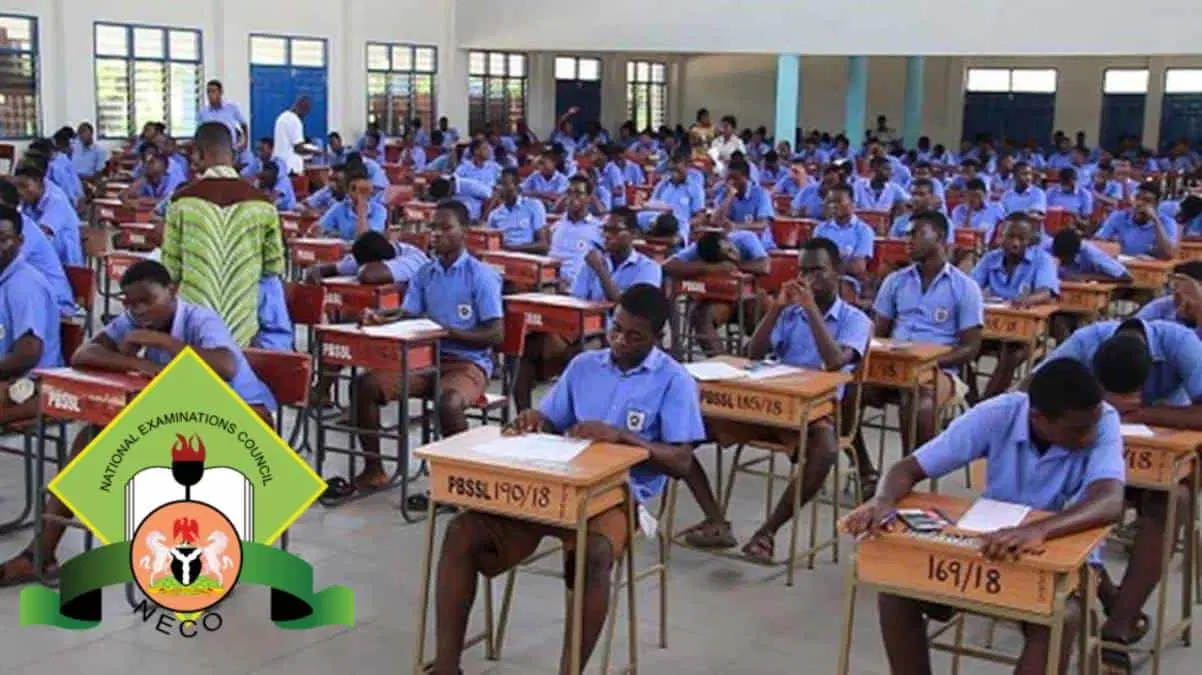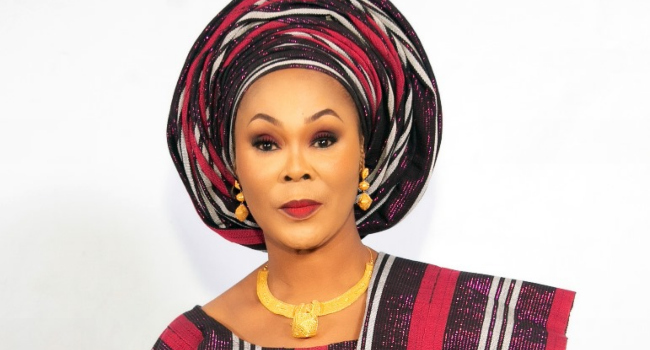The United States government has temporarily suspended the scheduling of new interviews for student visa applicants globally, as it prepares to implement a more stringent social media screening policy for foreign students.
The directive, issued by U.S. Secretary of State Marco Rubio in a diplomatic cable obtained by Politico, instructs all U.S. embassies and consular posts worldwide — including those in Nigeria — to halt the scheduling of new interview appointments for student visa categories such as F-1, M, and J visas, pending further instructions.
“Effective immediately, in preparation for an expansion of required social media screening and vetting, consular sections should not add any additional student or exchange visitor (F, M and J) visa appointment capacity until further guidance is issued,” Rubio stated.
While the suspension affects new appointments, Rubio clarified that previously scheduled interviews will still proceed as planned. The State Department is expected to issue updated guidelines on the enhanced vetting procedures “in the coming days.”
Nigeria Among the Worst-Hit
The move is expected to impact thousands of Nigerian students, many of whom are in the process of applying to U.S. universities for undergraduate and postgraduate studies. According to recent figures, Nigeria consistently ranks among the top African nations sending students to the U.S. under the F-1 visa category.
National Security and Antisemitism Concerns
The new measures are part of a broader push by the Trump administration to tighten oversight of foreign students amid concerns that certain international student communities have fostered an atmosphere of antisemitism on American campuses.
Rubio told Congress last week, “We’re going to continue to revoke the visas of people who are here as guests and are disrupting our higher education facilities. A visa is a privilege, not a right.”
Already, the State Department has revoked thousands of student visas, according to Rubio, and indicated that more revocations could follow.
Crackdown on Universities
In another development, the Department of Homeland Security (DHS) recently revoked Harvard University’s certification to enroll international students under the Student and Exchange Visitor Program (SEVP). DHS accused the university of failing to comply with federal demands to release behavioural records of foreign students.
This led to the freezing of $2.3 billion in federal funds earmarked for the institution — a move widely viewed as a warning to other universities that resist the administration’s demands.
Legal Pushback Grows
The crackdown has sparked a wave of legal actions from affected students. Cynderila Patrick, a Nigerian graduate of Youngstown State University in Ohio, filed a lawsuit against the U.S. government last month after her visa was revoked without clear justification.
She joins over 600 international students across more than 90 U.S. institutions whose visas were terminated or statuses revoked.
Last Thursday, a federal judge issued a temporary injunction preventing the U.S. government from further revoking the legal status of foreign students until the lawsuits are resolved.
What Comes Next
As embassies await the updated guidelines on social media vetting, many students — particularly from countries like Nigeria — are left in limbo.
Educational stakeholders, immigration lawyers, and human rights groups have expressed concern over what they describe as an escalating crackdown on foreign students, urging the U.S. government to balance national security with the principles of academic freedom and international collaboration.




